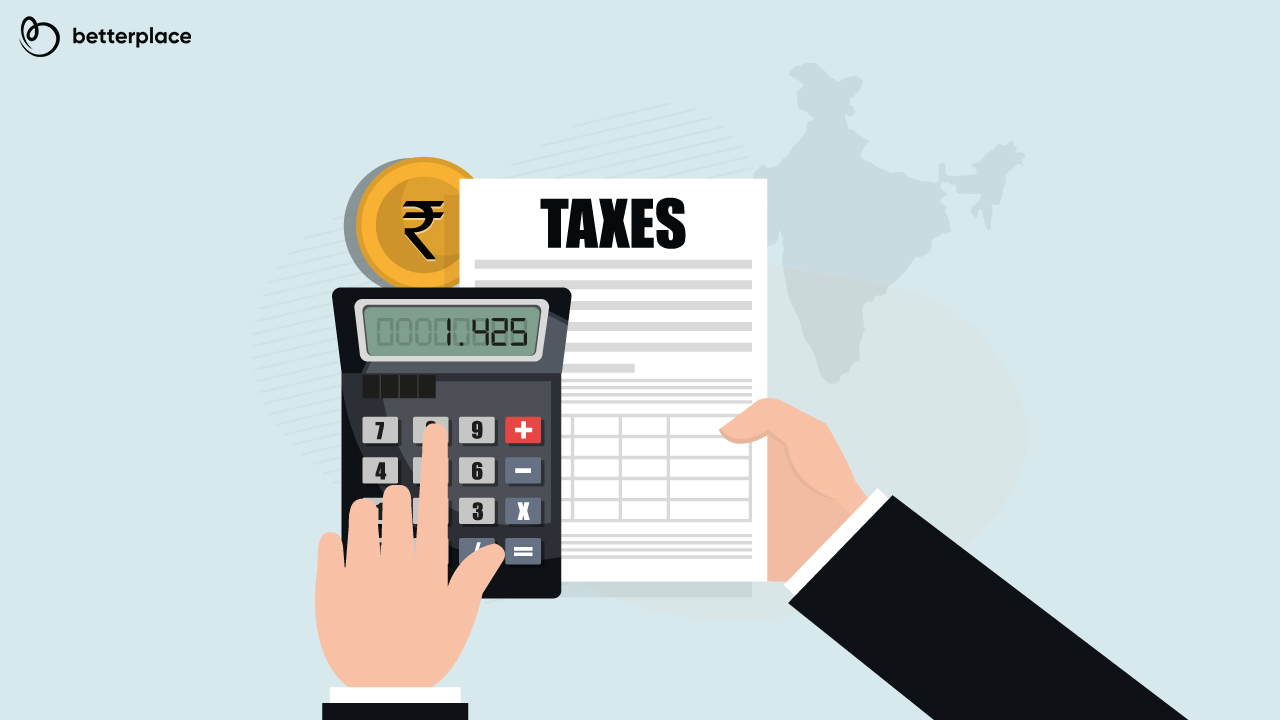What is a Tax Audit?
According to the Income Tax Act, taxpayers in business or profession are mandatorily required to file their tax audit report each year. Such a business/profession is subject to a tax audit in India only if the sales, turnover, or gross receipts exceed a certain threshold in a given financial year.
Tax audits are the audit of books of account for certain individuals, businesses or companies as given under the provisions of Section 44AB. A tax audit comprises of inspection of books with the aim of checking whether the income tax being filed are legitimate as per the Income Tax Act of 1961. The Income Tax Act of 1961 has many provisions for different types of audits, and there are various laws in place for various audits like cost audit, tax audit, statutory audit and company audit. Whether you fall in the category of people who need a compulsory tax audit or have been served a notice from the IRS to comply with a tax audit, there is nothing to panic about it. Whether you’re hiring a CA or a CA firm, remember that the threshold for a CA remains at 60 tax audits per year per CA.
Who is required to comply with a Tax Audit?
According to the Income Tax Act of 1961, certain taxpayers in business or profession are mandatorily required to file their tax audit report each year. Such a business/profession is subject to a tax audit in India only if the sales, turnover, orgross receipts exceed a certain threshold (INR 1 Crore) in a given financial year. As of the FY 2020-21, this threshold has been proposed to be raised to INR 5 Crores given that the cash receipts and cash payments are limited to 5% of the turnover/gross receipts and gross payments respectively.
Categories of Taxpayers:
BUSINESS:
Businesses not Opting for Presumptive Taxation: Sales/Turnover/ Gross Receipts exceed one crore in the given financial year
Businesses Eligible for presumptive taxation under Section 44AE,44BB or 44BBB: if profits are claimed which are lower than the prescribed limit of presumptive taxation scheme.
Businesses Eligible for presumptive taxation under Section 44AD: If taxable income is lower than the prescribed limit of the presumptive taxation scheme and the income exceeds the necessary threshold.
PROFESSION:
Profession not eligible for presumptive taxation: Must garner Total gross receipts of over 50 Lakh INR in the given Financial year.
Profession eligible for presumptive taxation under Section 44ADA: If profits of gains claimed are lower than the prescribed limit of presumptive taxation scheme, and income exceeds the amount not chargeable to income tax.
What does a tax audit comprise of?
A registered Chartered Accountant must conduct the tax audit and after this is completed, a tax audit report must be furnished. The tax audit requires a CA or a firm to file an audit report via the Form 3CA, 3CB, 3CD or 3CE. The Form 3CA includes the audit report including the balance sheet, statement of profit and loss and related annexures while the 3CD includes other prescribed particulars and statements.
Form 3CA: Needs to be filled out for Professionals/businesses which have a mandatory tax audit requirement under laws other than the Income Tax Act.
Form 3CB: Needs to be filled out for those businesses which are required to have a tax audit only under the Income Tax Act.
Form 3CD: Includes detailed audit form with prescribed fields given.
Form 3CE: Audit report in case of non-residents and foreign companies to be filed
Penalty for non-filing or delays in filing
The Due date for getting accounts audited and filing the audit report for persons covered under Section 44AB is September 30th of the year. The due date is November 30th for those business/professions that have International transactions involved. Income tax e-filing is an option for the audit report to be filed to the Income Tax Department via the online portal. This must be done by the CA and then be accepted by the taxpayer.
Penalty may be levied under Section 271B if a person fails to comply with Section 44AB. Failure to get accounts audited may result in a penalty of Lower of 0.5% of the total sales for business or total receipts for the profession to the taxpayer OR 150,000 INR.
Penalty may be waived for reasonable delays or if the taxpayer is able to provide show cause of non-compliance.
Related Articles on Tax:
- A Start-up’s Guide on The Basics of Taxation
- All About Professional Tax payments
- E-filing Income Tax
- File Income Tax Return Online
- Income Tax Login & Registration
- Everything you need to know about the ITR-3 form
- A guide on Statutory Compliance for IT companies State-wise
- How payroll services can grow your business effortlessly ?
Subscribe For Newsletter
Subscribe to get the latest news and happenings around recruitment space


